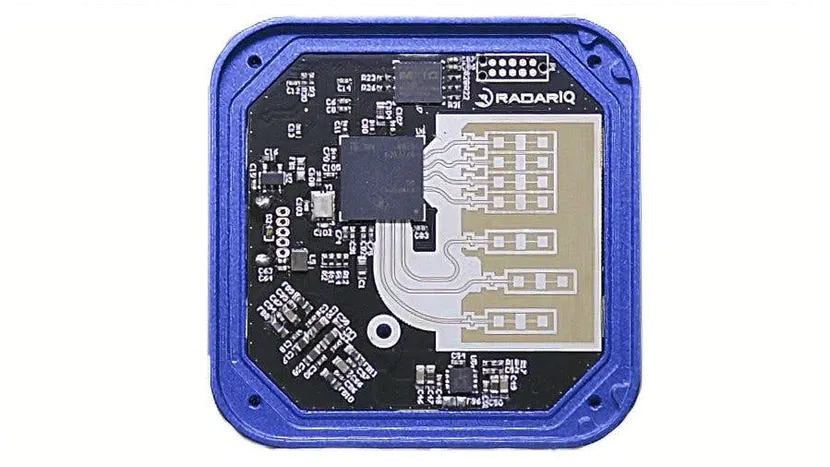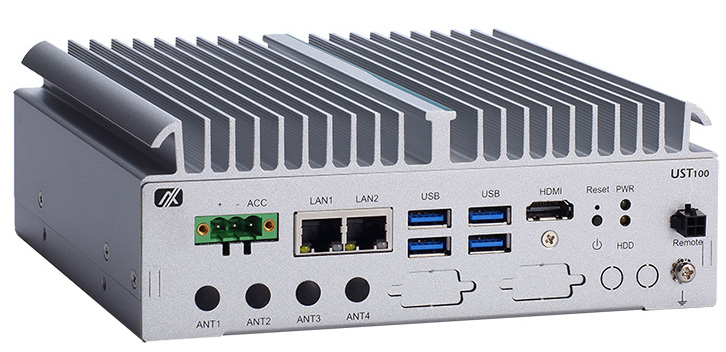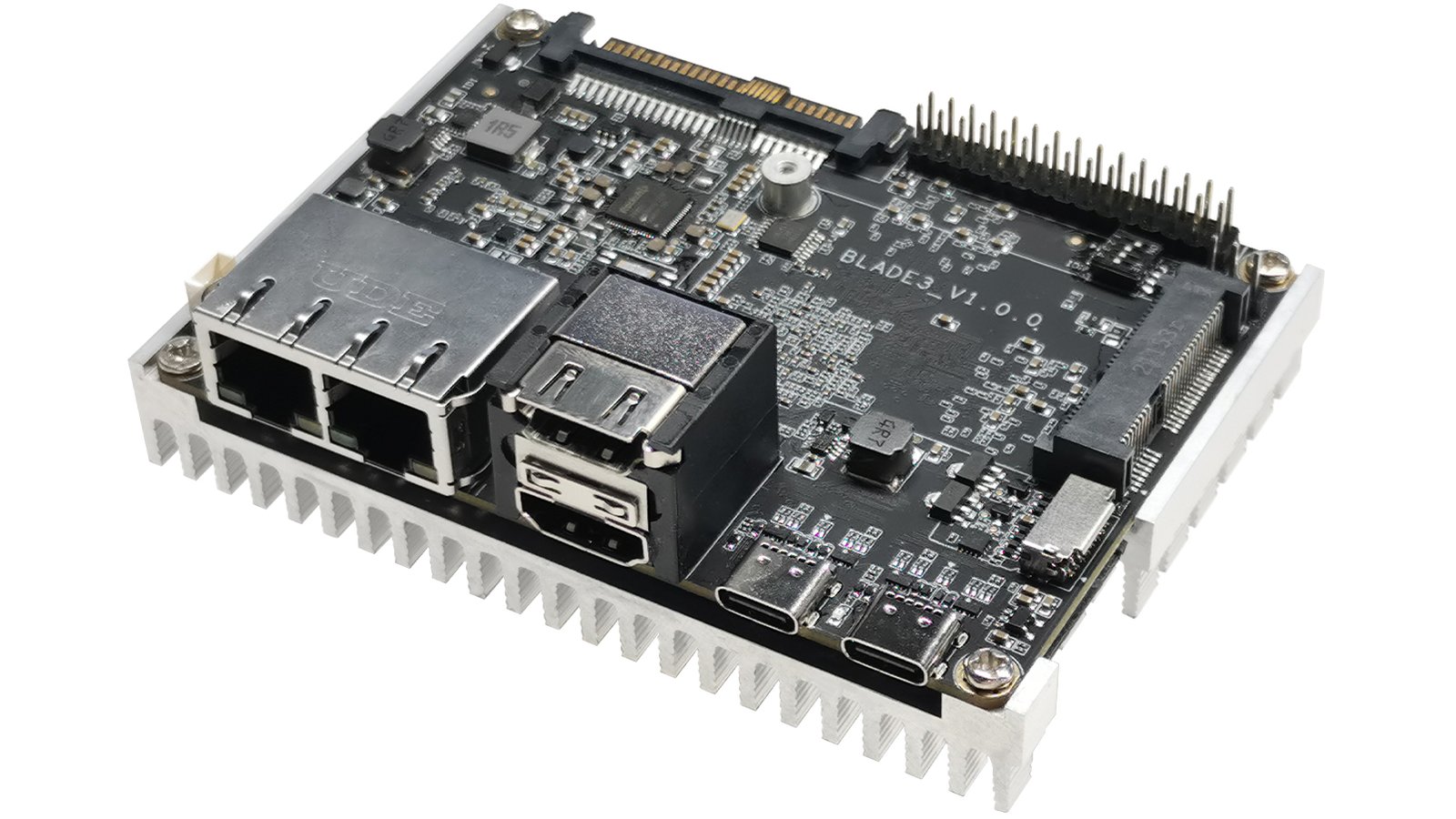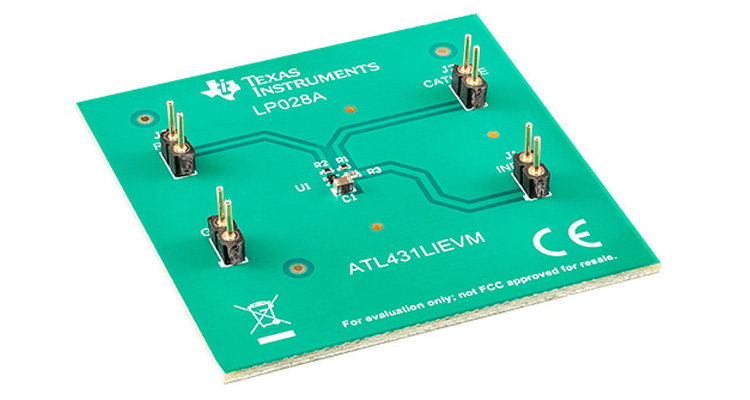
With the mindset of making millimeter RADAR (mmRadar) easily available and affordable to makers, tinkerers, and engineers around the globe, RadarIQ has launched a crowdfunding campaign for their new RadarIQ-M1 Sensor on Kickstarter. It is an attempt to make Radar technology open to every enthusiast. The RadarIQ sensors are designed to be affordable, and very easy to use. As claimed by the company, it can be integrated and run in a project in under 15 minutes.
The RadarIQ sensor is an affordable mmWave radar sensor designed for robotics and industrial applications. Data processing from the sensor is processed bundled software, compatible with Windows, macOS, and Linux operating systems. RadarIQ-M1 Sensor uses frequency-modulated continuous-wave (FMCW) radar in the 60-64GHz spectrum. It is limited to a 10m range as of now. The company claims high accuracy for close-up tasks, with a 110 degree horizontal and 15-degree field of view and up-to-30 frames per second refresh rate.
It can accurately detect distance, speed, and orientation for multiple objects. The company claims the modules are compatible with everything from ROS-based robots and Raspberry Pi single-board computers. It can integrate with low-power Arduino microcontrollers via USB and TTL UART buses.
Key Specs of the RadarIQ:
- Range: 0-10m
- Frequency: 60-64GHz
- Horizontal field of view: 110 degrees
- Vertical field of view: 15 degrees
- Frame rate: 1-30 frames per second
- Speed range: 0-3m/s
- The minimum distance between objects: 40mm
- Power consumption: 5V 0.38A (0.48 peak)
- Communications:
- Virtual COM port over USB
- TTL UART
Key Features & Applications:
- Detect moving objects easily.
- Accurately measure speed.
- Accurately measure distance.
- Can see through walls and can therefore be installed inside an enclosure.
- Impervious to low visibility environments such as fog or smoke.
- Obstacle/obstruction detection
- Object detection
- Object tracking
- Speed measurement
- Distance measurement
- Fusion with vision sensors
Supported platforms:
- Arduino (Arduino requires external power supply)
- Raspberry Pi
- Linux
- Windows
- MacOS
Important notes:
- The 60-64GHz frequency range is not permitted for use in automotive applications.
- The sensor must be used at distances greater than 20cm away from a human body.
The modules are available to fund on Kickstarter, ahead of an estimated April 2021 delivery date, priced at NZ$320 (around $211) each.
















